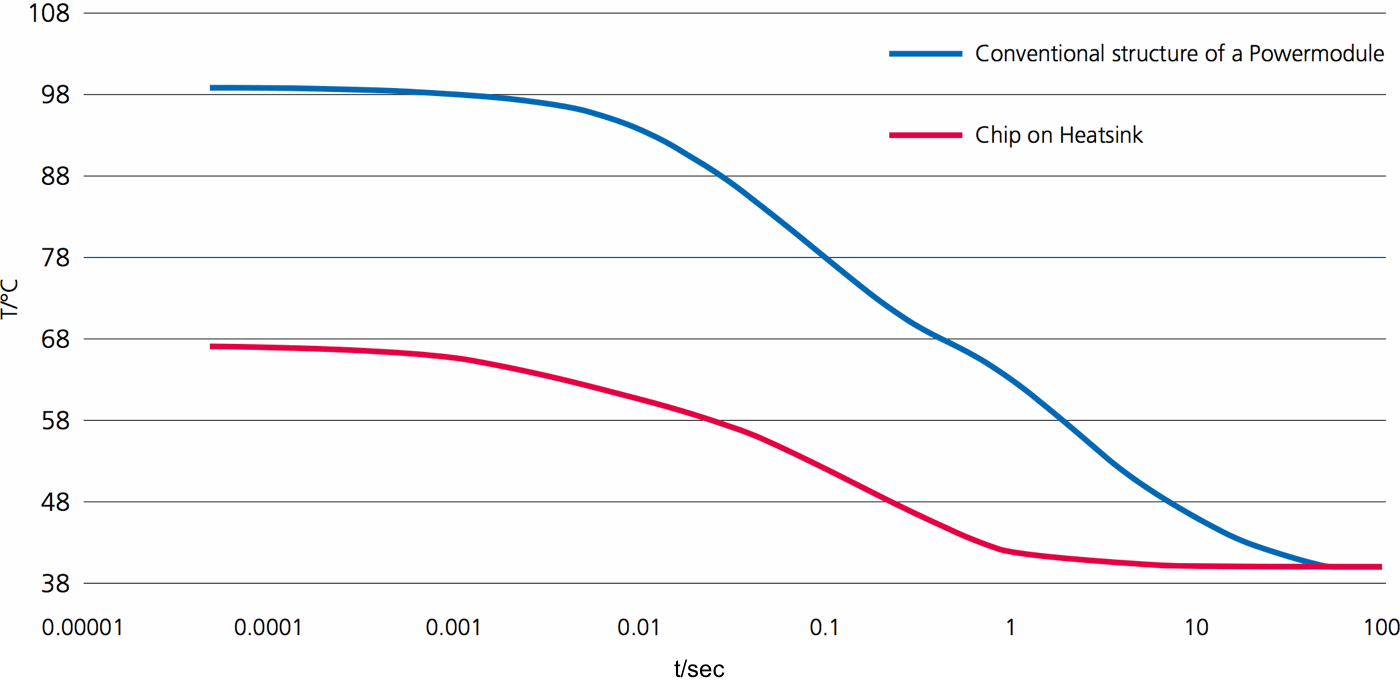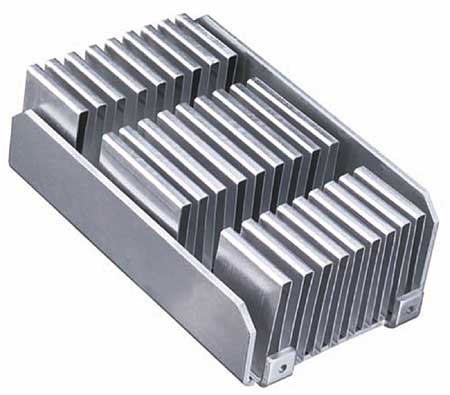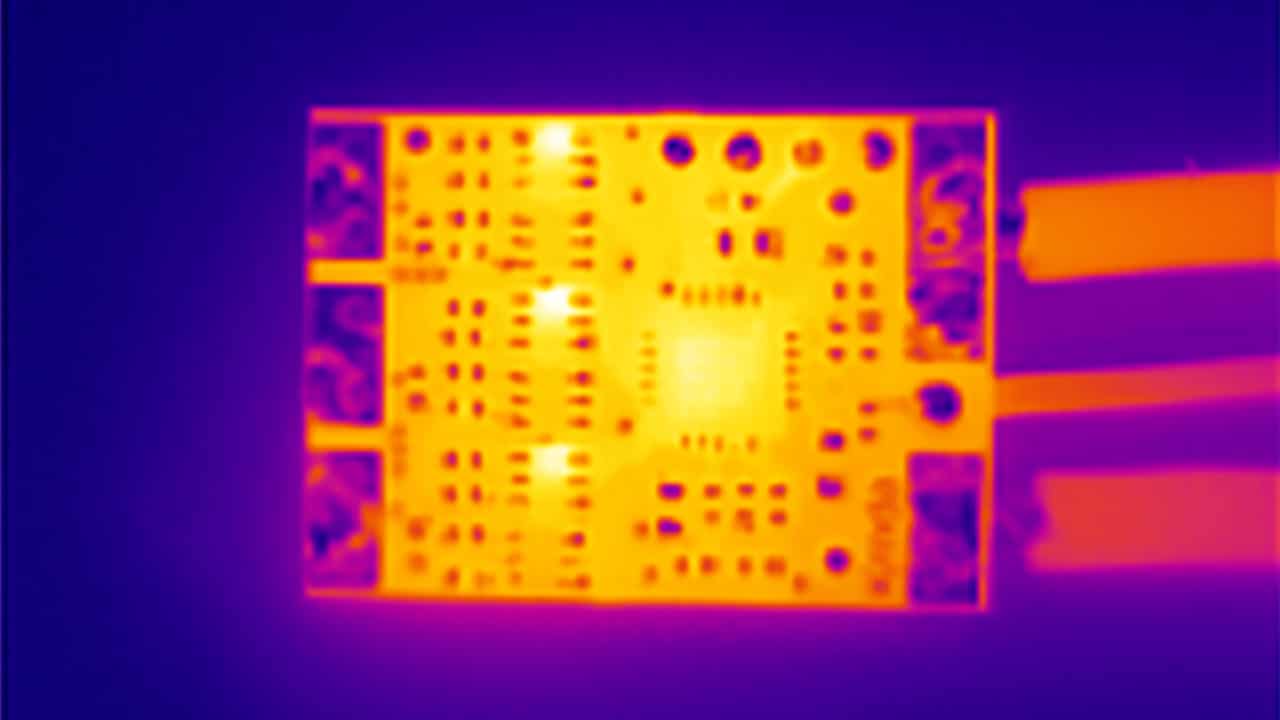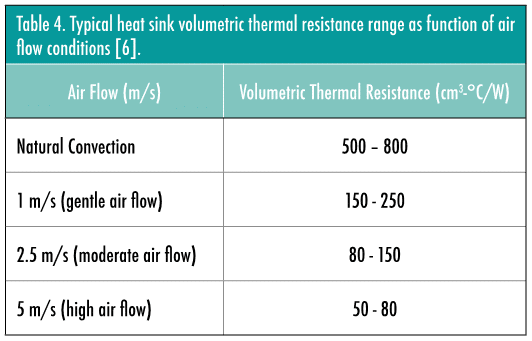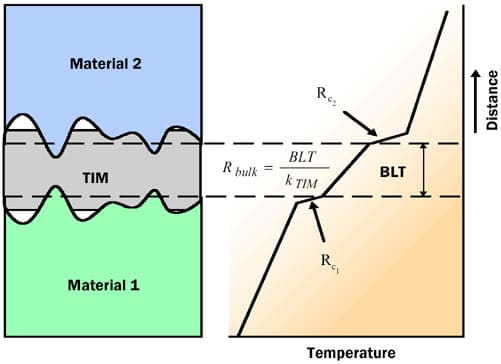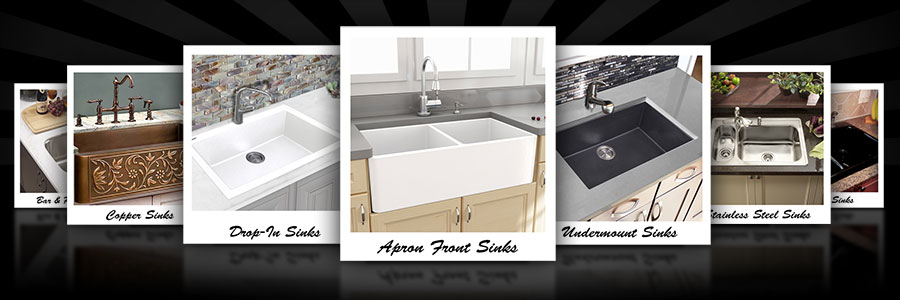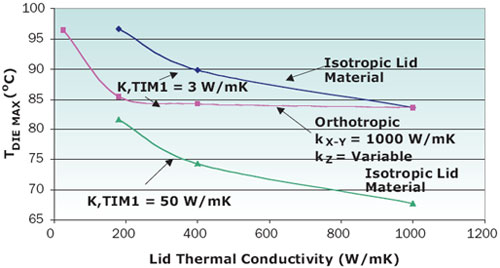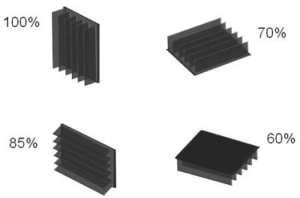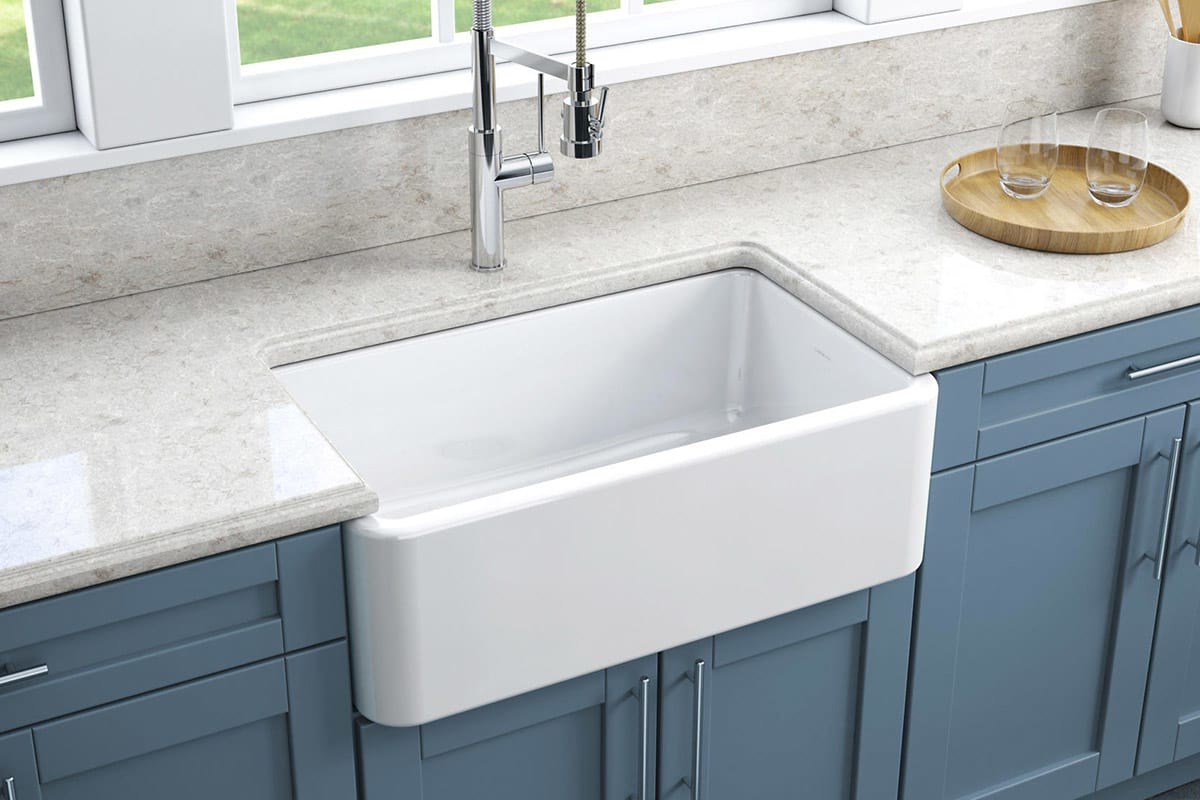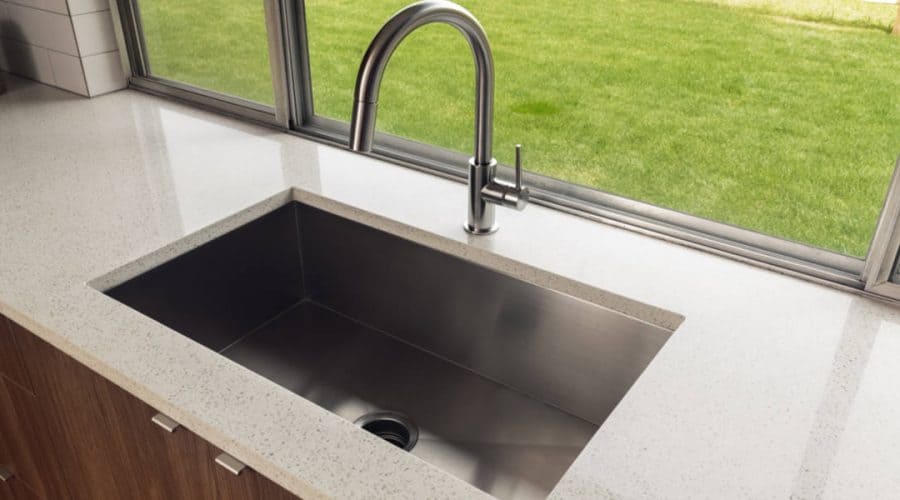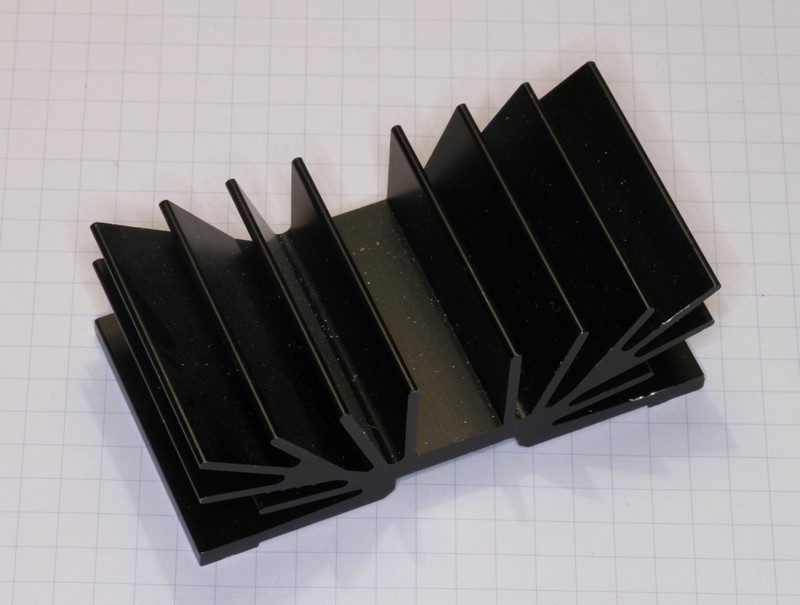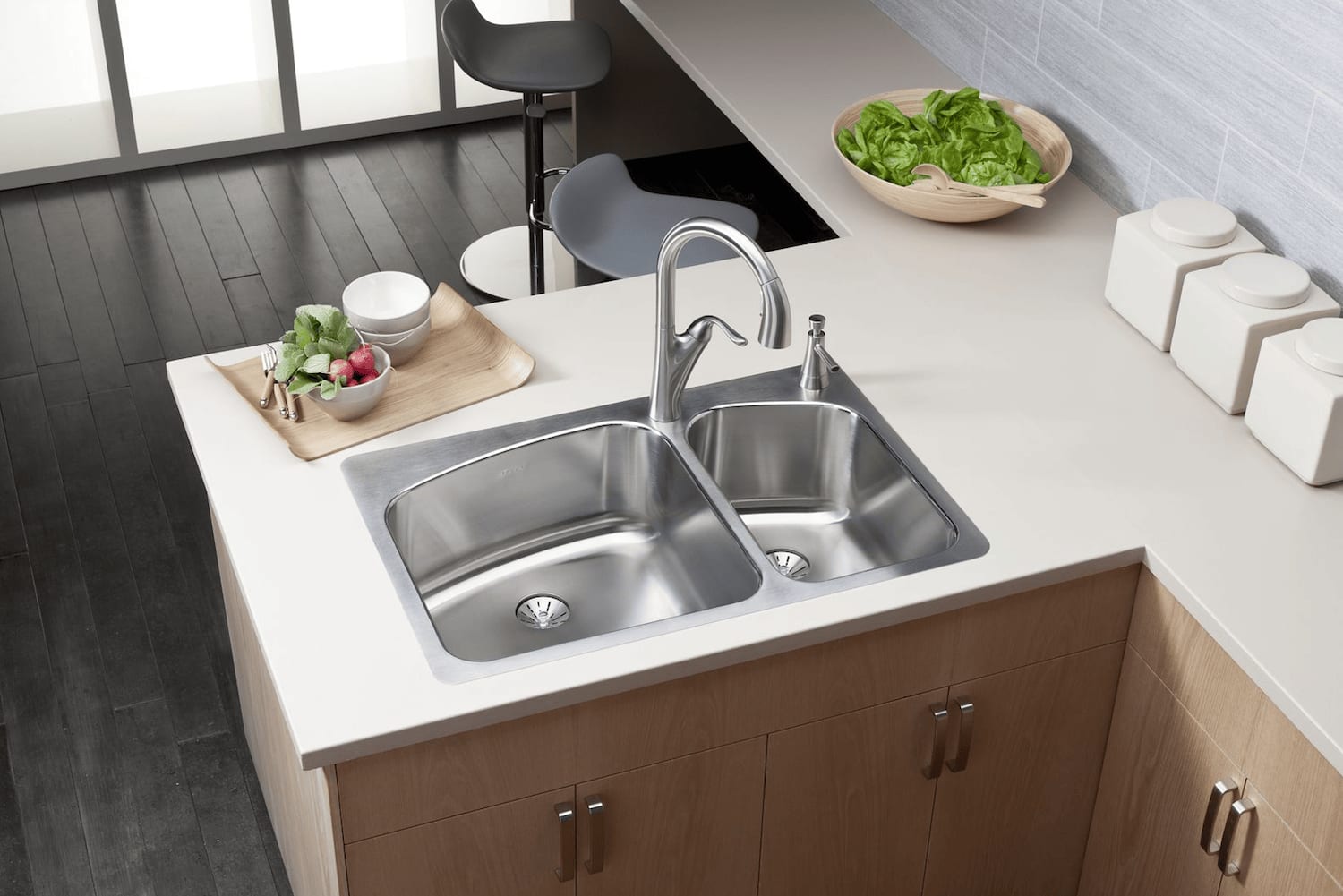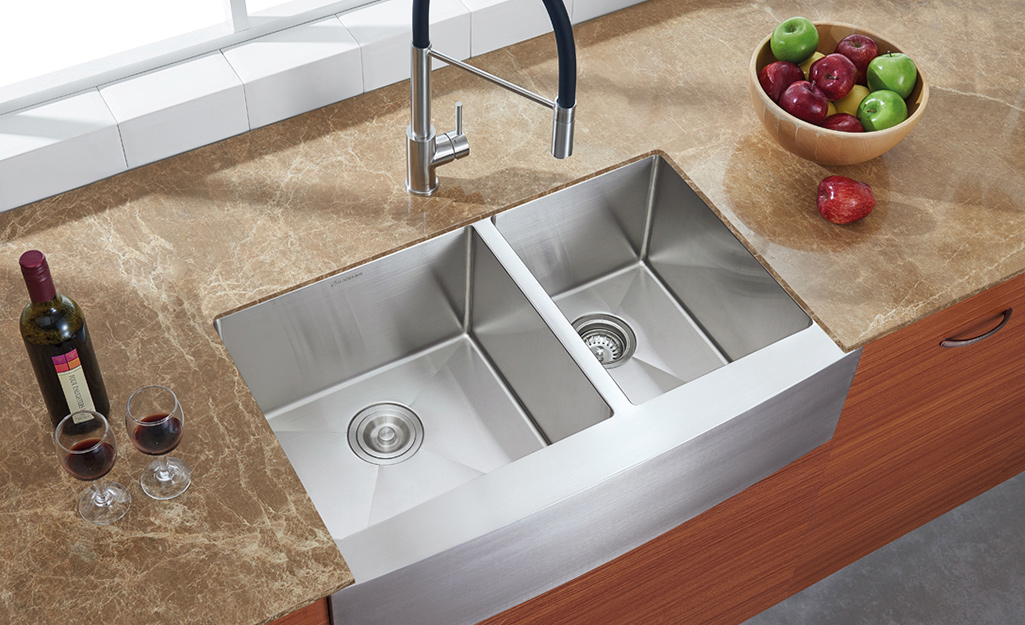Heat Sink Materials Comparison

It s also important to keep in mind that heat sinks can be made from different materials.
Heat sink materials comparison. Heat sink design. The most common heat sink materials are aluminium alloys. Some materials are highly durable and resistant to stains scuffs and scratches while. Aluminium alloy 1050a has one of the higher thermal conductivity values at 229 w m k but is mechanically soft.
Each has its own advantages. If replacing a kitchen sink you ll think about style size and perhaps most importantly material. Heat sinks are usually made from aluminum or copper. Let s talk about the main differences between them.
Resistant to both heat and stains a stainless steel kitchen sink offers a surprising number of finish and style options. The gauge or thickness of material you choose for a stainless steel sink will be a deciding factor in the total price. Here is a side by side comparison of seven of the most popular materials for kitchen sink manufacturing. There are two materials generally used to make heat sinks.
Design factors which influence the thermal performance of a heat sink. The most common material used in heat sinks is aluminum. Aluminium alloys 6060 and 6063 are commonly used with thermal conductivity values of 166 and. Rated by gauge most are between 16 and 22 gauge.
